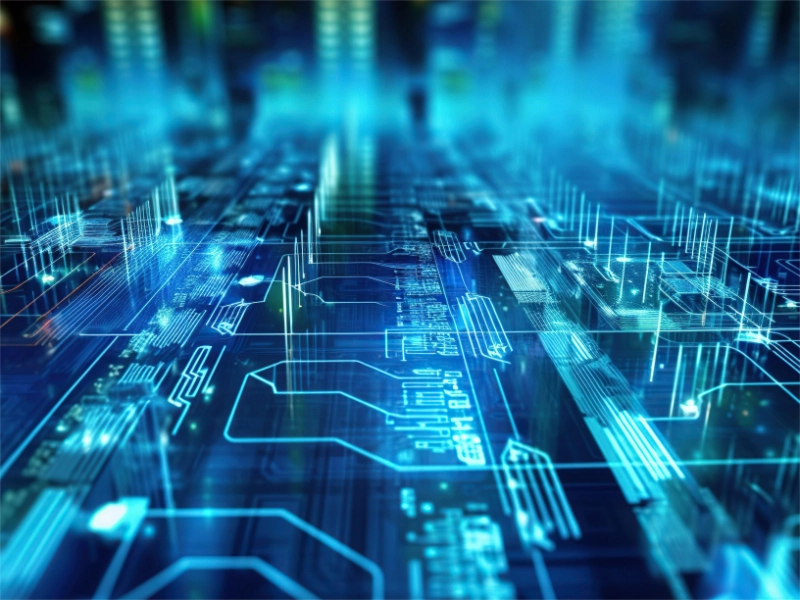- China currently owns 202 of the world’s 500 fastest supercomputers, surpassing the US and becoming the world’s most powerful supercomputer nation.
- A few months ago, the US had 169 supercomputers, 10 more than China.
- China’s two supercomputers, Sunway TaihuLight and Tianhe-2, hold the first and second places on the global list of the fastest supercomputers, respectively.
China now has the most supercomputers in the world, surpassing the US and becoming the most powerful country on the global list of the 500 fastest supercomputers. The number of supercomputers in China has grown significantly, while the number in the US has declined. China has two supercomputers ranked among the top two in the world: Sunway TaihuLight and Tianhe-2.
China’s supercomputing leadership
China is at the forefront of supercomputing due to robust government support, which prioritises significant investments in both the development and application of supercomputers. The country’s extensive research workforce and advanced facilities provide a solid foundation for technological advancement in this field. Additionally, the growing demand for artificial intelligence, big data, and cloud computing within China has significantly driven the need for high-performance computing, further spurring the development of supercomputers.
The government also places a strong emphasis on talent development, ensuring a steady supply of skilled professionals in supercomputer research and applications. Moreover, China actively engages in international collaborations to push the boundaries of supercomputing technology.
Also read: Microsoft hires former Meta exec to bolster AI supercomputing team
Supercomputers’ diverse uses
Supercomputers play a crucial role in numerous fields by providing the computational power necessary for a wide array of applications. They facilitate advanced scientific research in areas such as physics, where they simulate universe evolution and particle interactions, and biology, where they support genome and protein structure research. In engineering, supercomputers aid in the design of everything from aircraft to automobiles. National security also benefits from their capabilities in weapons development and cybersecurity defense.
Additionally, they are instrumental in financial risk management and big data analysis. In healthcare, supercomputers are key for drug development and disease diagnosis. Furthermore, they underpin developments in artificial intelligence, enhancing AI algorithm training and deep learning model development. As technology progresses, the scope and impact of supercomputers continue to expand, offering even greater benefits across multiple sectors.
Also read: Equinix serves fully managed service for NVIDIA Supercomputing
US supercomputing strategy
The US is actively countering China’s dominance in supercomputing by advancing technological development, such as creating the “Summit” supercomputer to surpass China’s “Sunway TaihuLight.” The US is exploring next-generation technologies like quantum and neuromorphic computing. Increased governmental support is evident through boosted research funding and supportive policies to encourage participation in supercomputing.
The US fosters international cooperation by partnering with allies and promoting academic exchanges, while also addressing security through stringent cybersecurity and technology export controls. Furthermore, the US emphasises the importance of supercomputer applications in critical areas and is investing in the development of specialised talent to sustain its leading position in the global arena.

